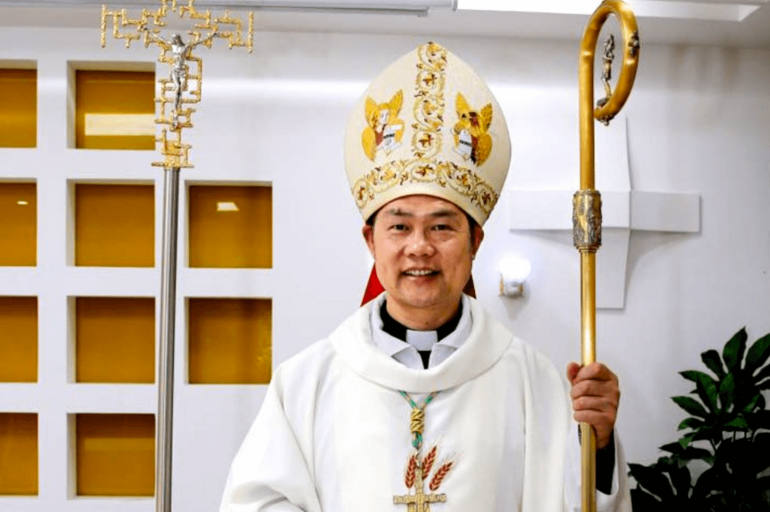Authorities ‘kidnap’ Catholic bishop in China, says report

Chinese authorities have reportedly “kidnapped” Catholic Bishop Shao Zhumin of Wenzhou (Zhejiang), according to a report released by AsiaNews on Tuesday, October 26.
The report said the prelate was taken “for tourism,” adding that it was not the first time the bishop was taken and made to disappear for months.
“Pray that the Lord will give [Bishop Shao] confidence and courage, that he will not be disheartened by what has happened,” read a statement quoted by the AsiaNews report.
“Pray also that he remains healthy and refreshed, under the guidance of Christ, so that he will come back to us as soon as possible to pasture his flock,” it added.
The report said that authorities in the past have taken the bishops for “brainwashing” to make him accept the directives of “patriotic” religious organizations.
The bishop of Wenzhou is recognized by the Vatican but not by the Chinese Communist Party, which claims control over all religious activities in the country.
The “abductions” of religious leaders usually take place on the eve of important Catholic events, such as Christmas, Easter, the Feast of the Assumption, and All Souls’ Day and All Saints’ Day.
In November, Masses are usually celebrated for the dead, accompanied by meetings and the praying of the Holy Rosary.
In Zhejiang, the percentage of Christians exceeds 10 percent, according to the report, and the faithful “are very zealous.”
In recent years, authorities have blocked the entrance to the Wenzhou cemetery with iron barriers to prevent Catholics from gathering.
The report said the China-Vatican agreement on the appointment of bishops has not stopped the persecution of Chinese Catholics, especially the “unofficial” ones.
Radio Veritas Asia (RVA), a media platform of the Catholic Church, aims to share Christ. RVA started in 1969 as a continental Catholic radio station to serve Asian countries in their respective local language, thus earning the tag “the Voice of Asian Christianity.” Responding to the emerging context, RVA embraced media platforms to connect with the global Asian audience via its 21 language websites and various social media platforms.












